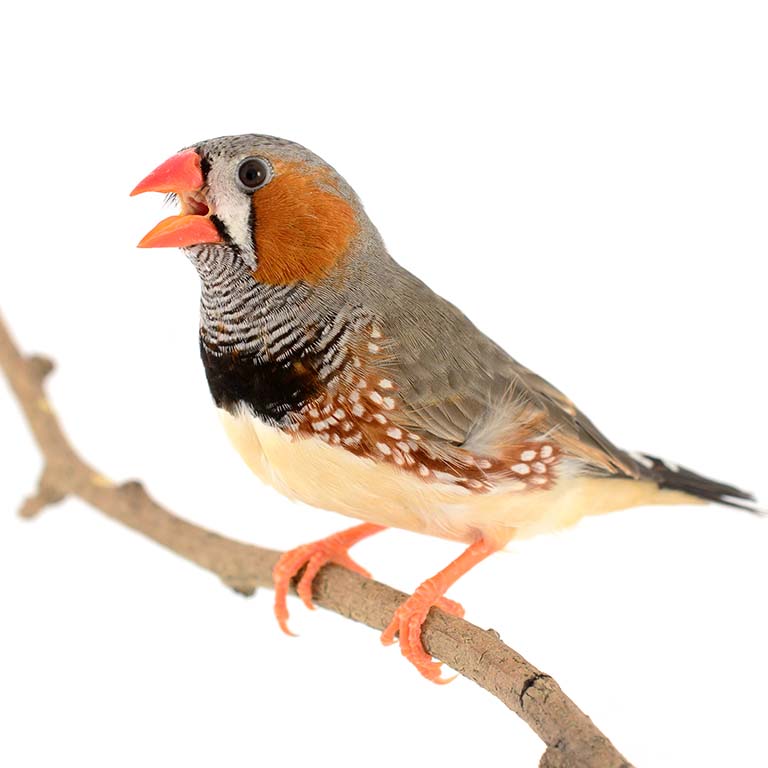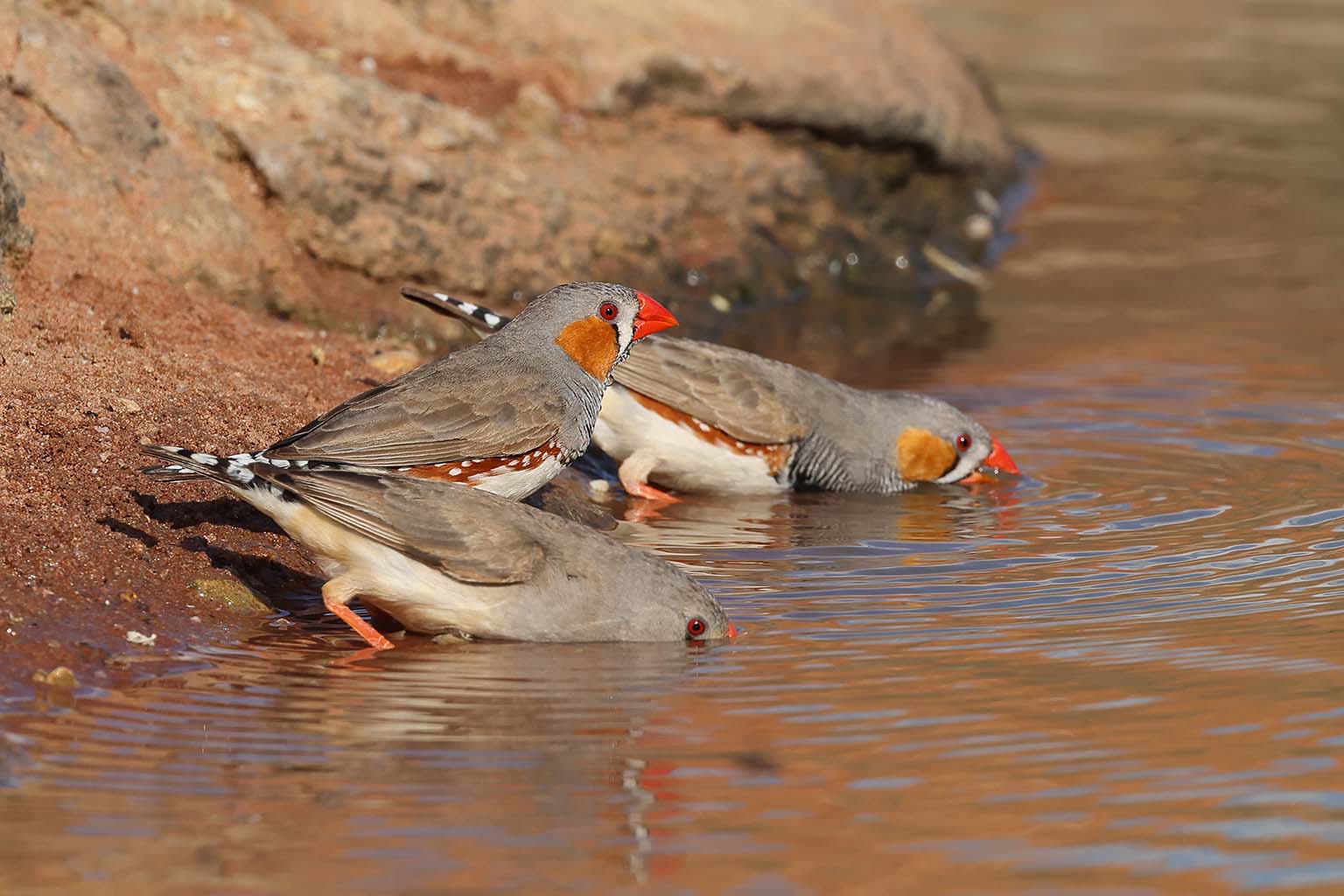Scientists are racing to understand how animals respond to climate change, including the increasing prevalence and intensity of heat waves. Heat waves can be lethal, even for endotherms (warm-blooded animals) that internally regulate their own temperatures. But what about the sub-lethal effects of heat that do not kill animals, but still might influence their ability to thrive in our changing world? Behavioral and physiological effects of heat are likely, but have been missing from recent high-profile studies on climate change.
Researchers from Indiana University Bloomington and University of Tennessee Knoxville recently teamed up to examine how heat and behavior interact to affect physiology. Results of their study have been published in Molecular Ecology. First author on the publication is Sara Lipshutz, assistant professor at Loyola University Chicago. Lipshutz is a former postdoctoral research fellow in the lab of Kimberly Rosvall, associate professor in the College of Arts and Sciences’ Department of Biology at IU Bloomington and also an author on the publication.
“Most of what we know about the behavioral and physiological effects of heat comes from terrestrial ectotherms (“cold-blooded” animals dependent on external sources of body heat) or aquatic organisms,” said Lipshutz. “But heat waves could be a real problem for terrestrial birds and mammals too, especially if heat interferes with critical components of their reproductive behavior and physiology. We wanted to understand how that happens as a first step towards understanding how to manage these problems.”
Lipshutz and colleagues exposed zebra finches to a four-hour heat challenge, similar to what wild birds might experience during the afternoon heat on a summer day. Zebra finches were selected for the study because these songbirds experience extreme temperature fluctuations in their native Australia.





 The College of Arts
The College of Arts